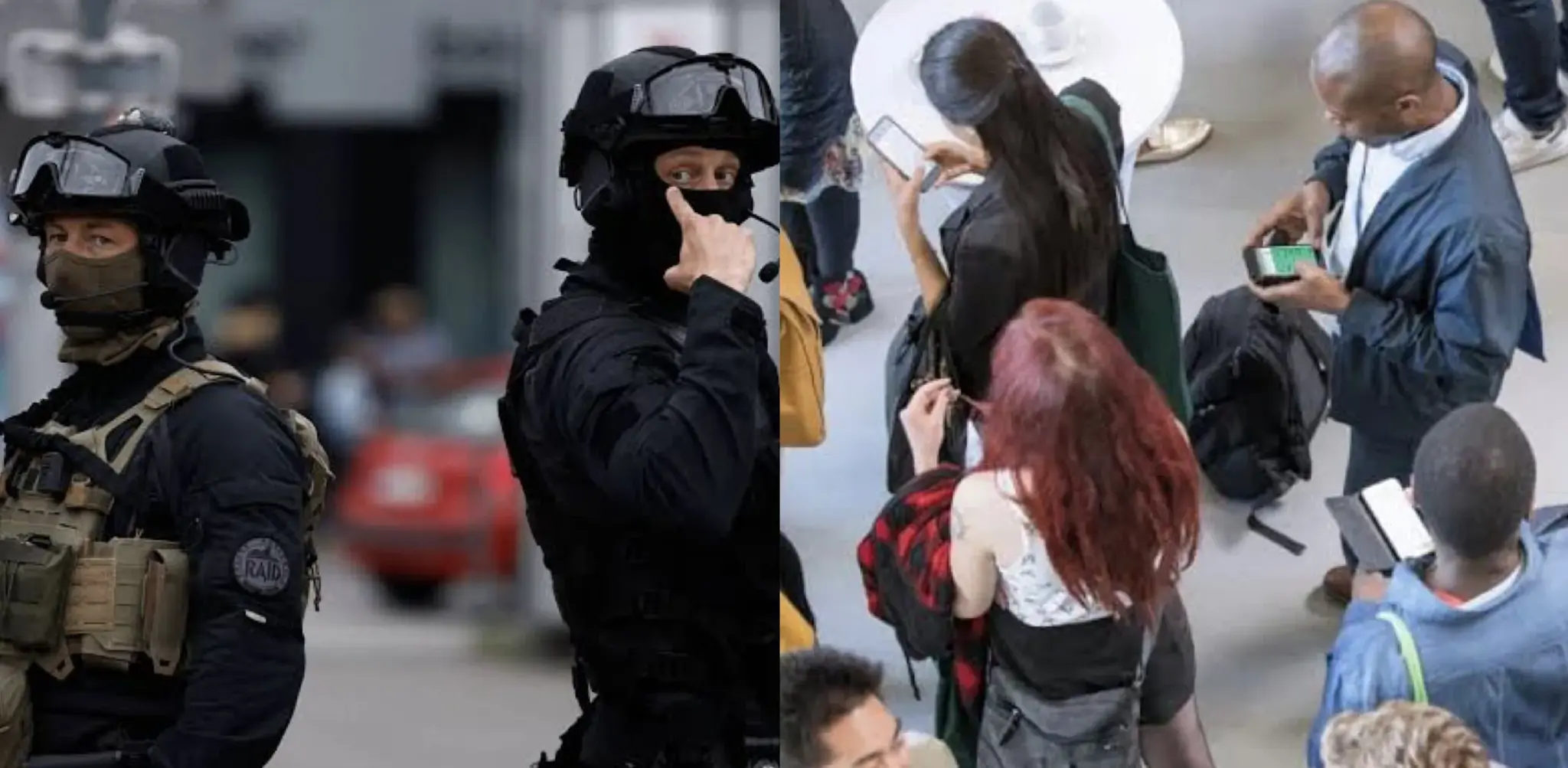Does anyone know how this even works? Is the technology for this already in place?

Commented on this article in another thread
https://beehaw.org/comment/586170
Looks like there are caveats to this law:
You would need to be a suspect in a crime that has a punishment of 5 or more years in prison in order for the phone to be geolocated.
For video/audio you need to fall under the definition of organised crime or terrorism.

Sure, the issue is that, with no transparency, cops will use it if they are courios what they friends are doing. This is already known to happen in the US, where cops used it to stalk their SOs or even in extreme cases women they were starting to date.
If they already have the technology in their hands, there is no way to stop them.

Technically needs judge’s approval

They should also need it in the US. The issue is, that if the tool is in the hands of the cops, there is no way to check who they spied on (and therefore if they had warrant).
At least if it was executed by a comercial entity, they can check the warrants and be liable if they do it without one. But that is very likely not how it will be implemented. The cops will get the tools to do with as they please.
As an example, one state in the US (forgot which one) put in a law that requires the police to submit every data search warrant into a public database so that they could be audited by the public. After they compared the contents of the database to number of requests in companies transparency reports, it turned out there were over 5 times as many requests in the state then what was reported in the database, despite reporting being required by law.

I really hope the power isn’t abused. The second it is it will lead to more riots and even though I have in no way been directly affected where I live, it is a pain to get messages from friends abroad asking “Why is France on fire again?”

On one hand, I do want to ask why Frebch people love setting France on fire so much. On the other hand, when shit like this passes as laws, I wonder why we are not setting our countries on fire…

I’ve lived here since 2006 and I haven’t met a single person that participated in any of the riots, which are offshoots of sanctioned strikes and do not represent France as a whole. I’ve had some students that strike for the environment or maybe do walkouts.
The closest I came to one was a strike about police violence and I happened to be in a café and had to evacuate because of year gas. In that instance, it turned out the person they were striking for lied.
So, I can’t say why they want to destroy stuff.

Those caveats are just to get the laws passes.
Online piracy already carries punishment up to 3 years. All it takes them is make a law that technically holds 5 years but gets pardoned in practice.
Labeling someone a terrorist can be as simple as “collective undertaking with the aim of seriously disturbing public order through intimidation” aka protesting…

Oh ok then, that’s fine. I’ve got nothing to hide.

Ha, I’m sure… They’ll spy the heck out of everyone. At the judge’s discretion, of course 😉
- -J_R- ( @0Anon0@lemmy.dbzer0.com ) English9•1 year ago
On a related topic: anyone know if there are any cell phones that come with a physical switch to disable the camera and mic

I only know about pinephone and, liberty phone and librem 5 from purism.

Ever hear of backdoors and a little spyware called Pegasus? Technology is already in place and NSA has been doing it since 9/11. All this spyware and it isn’t even effective.

The Court of Justice if the EU will very likely disallow the use of this authority in the future, but it often takes time to litigate in court up to a point where an organization can proceed to the EU Court.
It’s a terrible way of politicians trying to circumvent fundamental rights, even though their goal always is to prevent crime. The simply pass the bill, wait until it becomes law, start doing their business, claim victory and then complain the EU Court disallows it.
Sigh.

What the hell is happening over there??

Fuck yea buddy, the CIA has had a backdoor to every cell phone since the first cell phone

